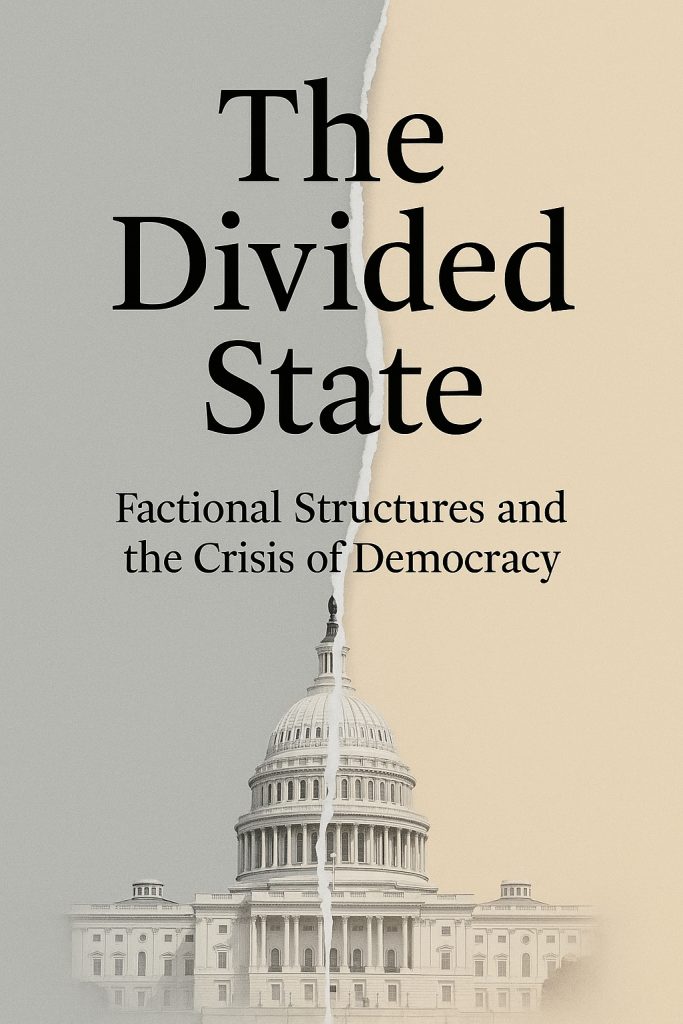
This book seeks to elucidate the underlying forces that drive the formation of social groups, such as political parties, nations, and civilizations. Joonhong articulates this phenomenon through the lens of “groupness,” drawing parallels with developments in the natural environment.[1] This explanation resonates with the ideas of Ibn Khaldun, who posited that ‘assobiyah’ serves as the cohesive force binding individuals together to forge robust nations and civilizations.[2]
To comprehend society, Joonhong adopts a materialistic and mechanistic perspectives, viewing humans as atoms and society as molecules, with relationships framed in altruistic versus selfish terms.[3] I find this approach somewhat reductive; Rupert Sheldrake has provided a compelling critique of reductionism, arguing that such perspectives lead to superficial analyses that fail to capture the unique and holistic nature of human beings.[4] Furthermore, Joonhong perceives the emergence of human groups as an evolutionary strategy for survival.[5]
In discussing radicalization within society, Joonhong attributes violence to polarization.[6] However, I believe this explanation is incomplete, as violence often arises from racist ideologies that serve as root causes of radicalization. A poignant example is found in the case of Zionism, which has resulted in the genocide of the native population in Gaza. This racist, evil, and violent ideology has incited global resistance against its terror, the terrorism perpetrated by Zionism was supported by democratic states like the United States, the United Kingdom, and Germany.

One critical factor in shaping human groups and factions is ideology. Joonhong defines ideology as a logical system that seeks to explain social phenomena, predict future developments, and suggest societal direction.[7] I find this definition particularly useful for simplifying our understanding of how ideology operates. He argues that modern individuals have embraced ideologies as the new glue for their factions, replacing older bonds such as region, blood ties, and language.[8]
My favorite chapter in this book addresses the crisis of democratic system. Joonhong contends that democracy is inherently unstable due to the conflicting values produced by capitalist economy and democratic ideology. The most apparent conflict arises from the inequality generated by capitalism, which is perceived as unjust within a democratic framework.[9] I wholeheartedly agree with this argument, as I have explored similar themes in my previous work on the problems facing democracy.[10] Additionally, Joonhong identifies “groupness ideology” as a significant threat to democratic systems—an ideology characterized by an ‘us versus them’ mentality that often leads to the demonization of marginalized groups, such as refugees and foreign laborers.[11]
Overall, Joonhong Park’s book provides an in-depth examination of the motivations behind human group formation throughout history. While some perspectives may be reductive, they still offer valuable tools for analyzing the social dimensions of human groups, factions, and relationships. The book effectively identifies the incoherence inherent in the capitalist system and democratic ideology, a dissonance that has precipitated ongoing crises within democratic frameworks.
[1] Joonhong Park, The Devided State: Factional Structures and the Crisis of Democracy, 2025, pg. 5.
[2] See Ibn Khaldun, Franz Rosenthal (Translator), N. J. Dawood (Editor), & Bruce B. Lawrence (Introduction). The Muqaddimah: An Introduction to History, The Classic Islamic History of the World. Princeton Classics, 2015.
[3] Joonhong Park, The Devided State, pp. 15-19.
[4] See Rupert Sheldarke, The Science Delusion. London: Coronet, 2013.
[5] Joonhong Park, The Devided State, pg. 29.
[6] Ibid, pp. 45-48.
[7] Ibid, pg. 93.
[8] Ibid, pp. 98-100.
[9] Ibid, pg. 133.
[10] See Syed Ahmad Fathi, Demokrasisma: Masalah-Masalah Dalam Sistem Demokrasi, Seremban: Rabak-Lit, 2025.
[11] Joonhong Park, The Devided State, pp. 138-141.
Author of several books including Berfikir Tentang Pemikiran (2018), Lalang di Lautan Ideologi (2022), Dua Sayap Ilmu (2023), Resistance Sudah Berbunga (2024), Intelektual Yang Membosankan (2024), Homo Historikus (2024), DemokRasisma (2025), dan Dari Orientalisma Hingga ke Genosida (2025). Fathi write from his home at Sungai Petani, Kedah. He like to read, write and sleep.